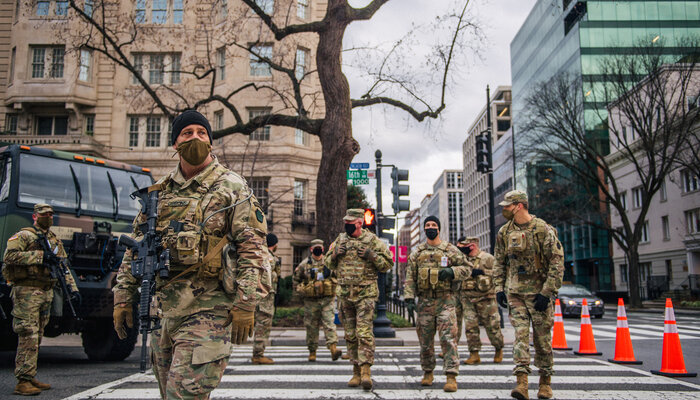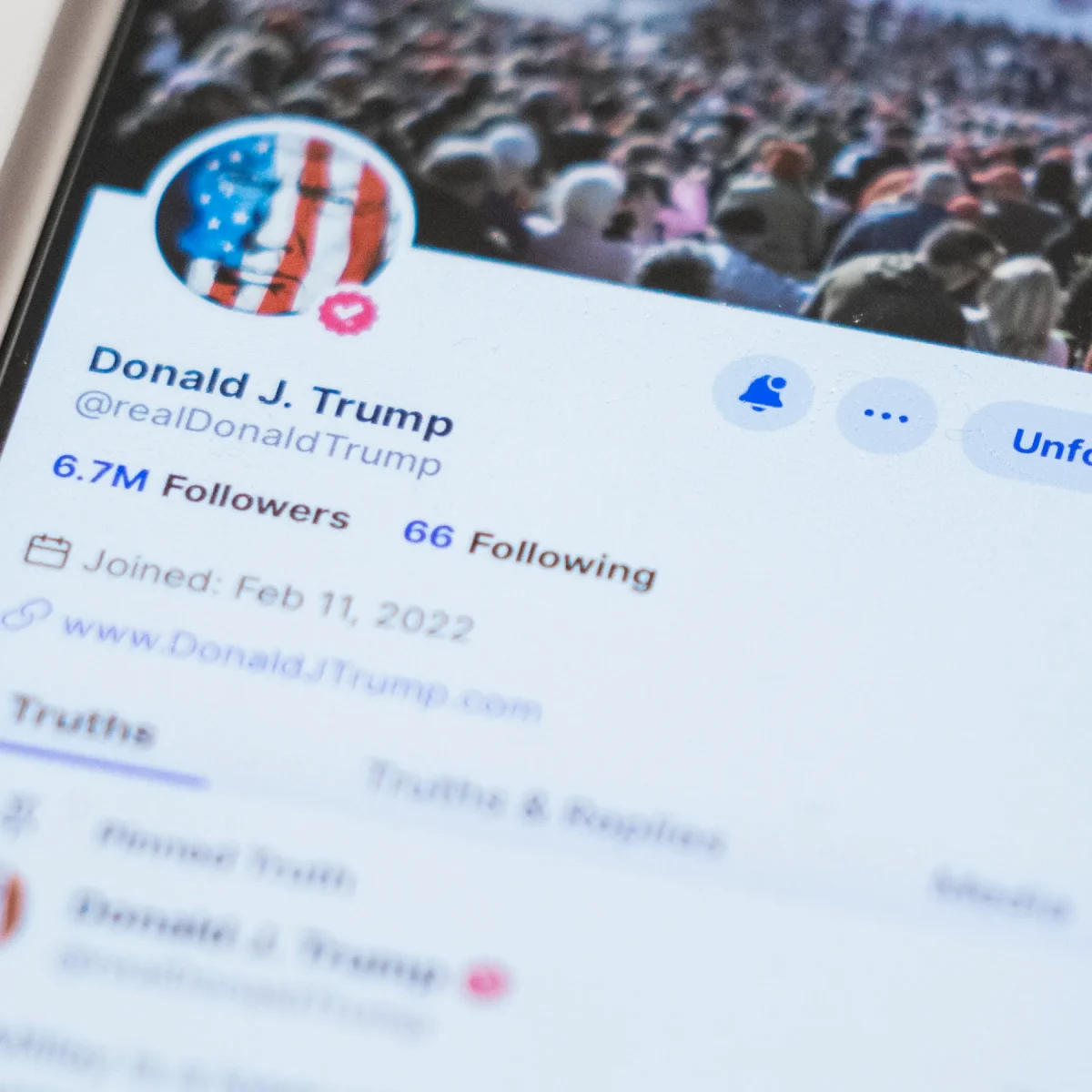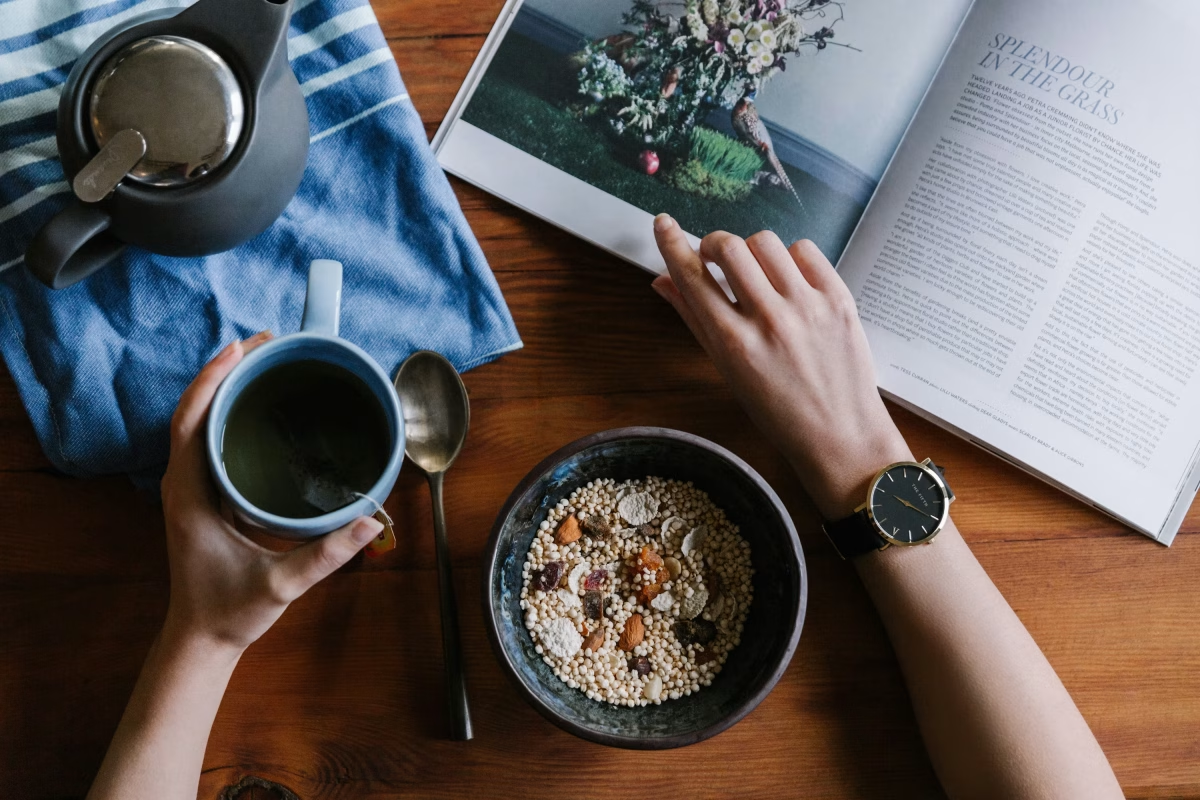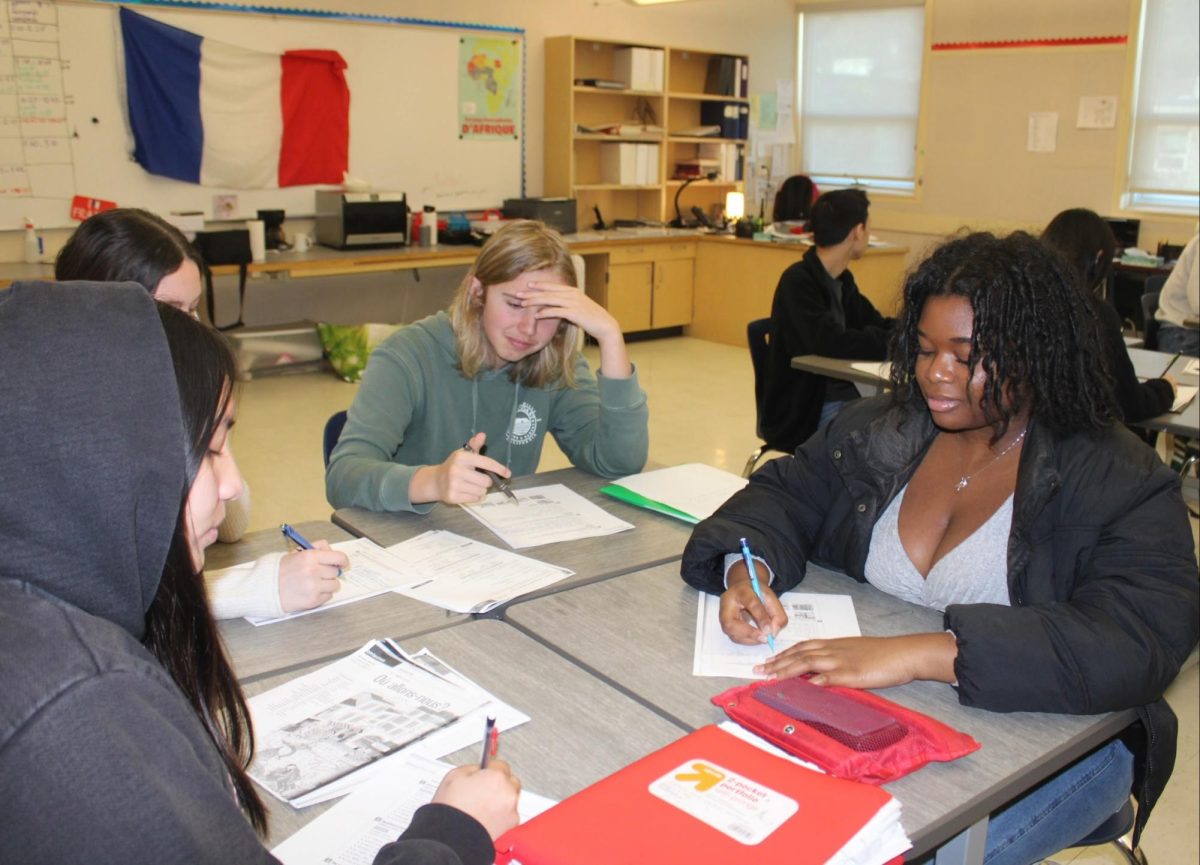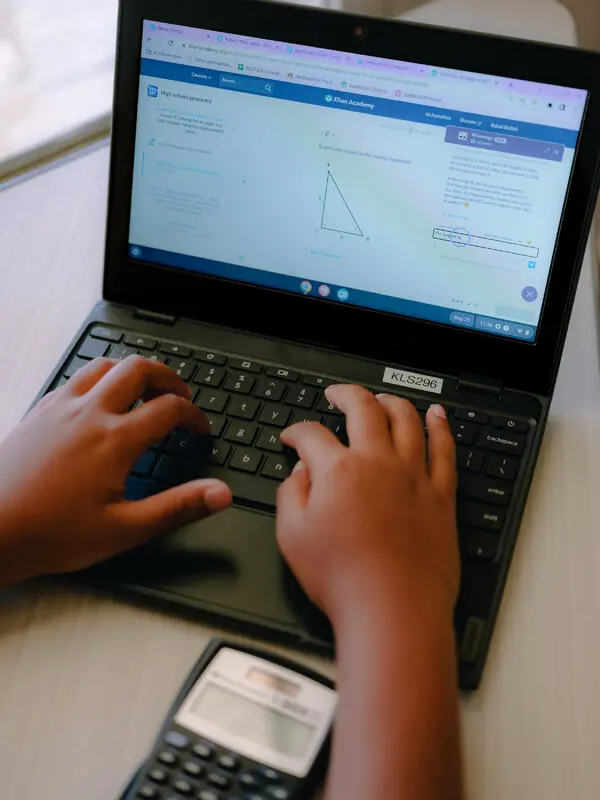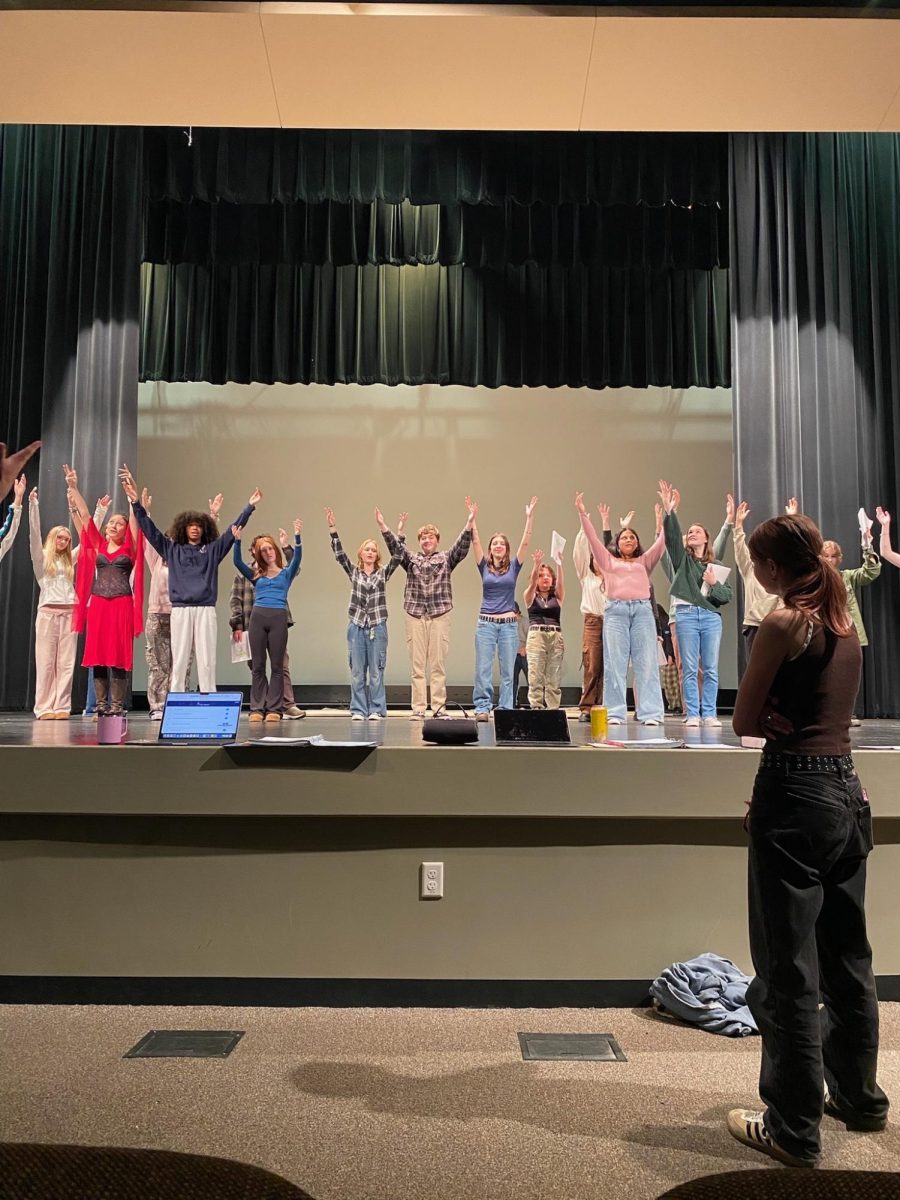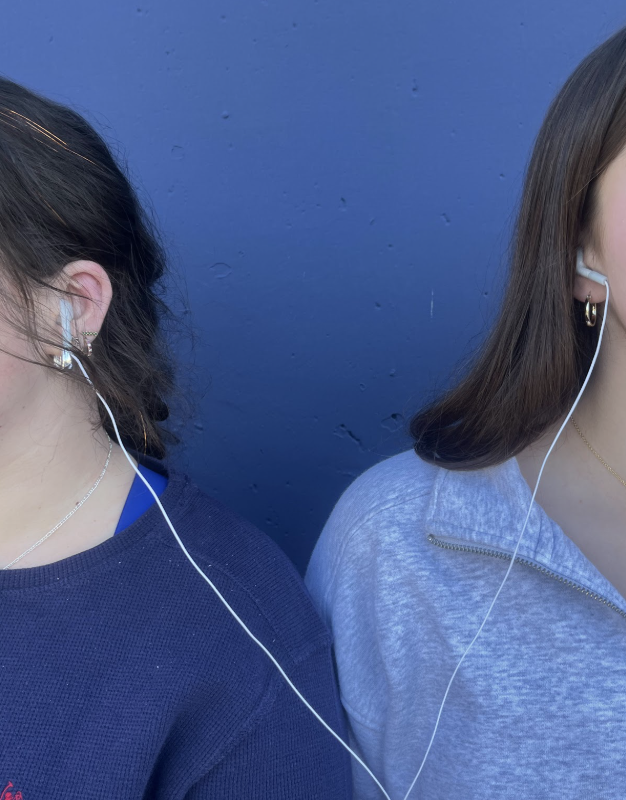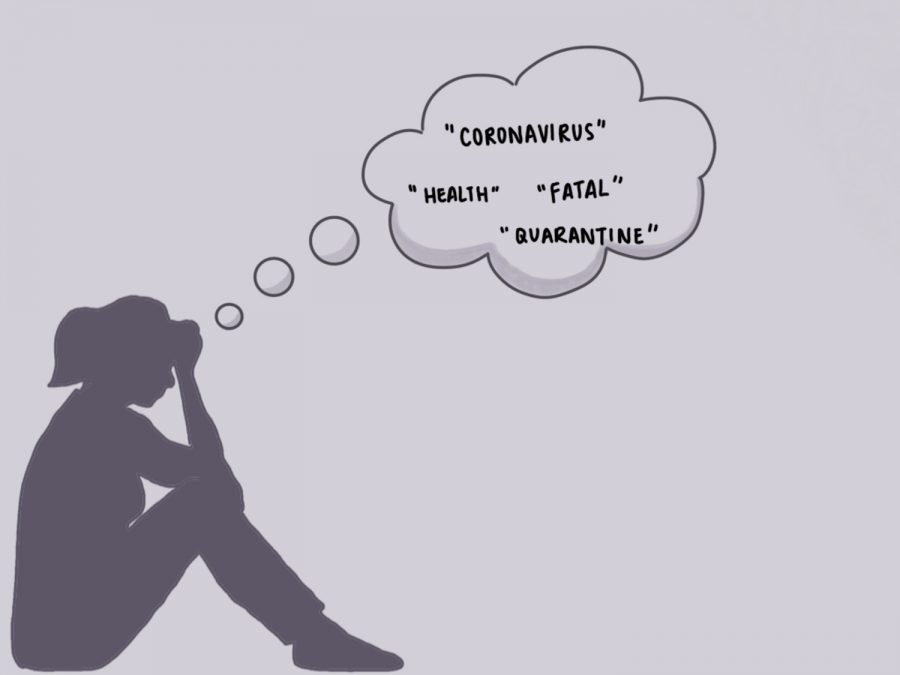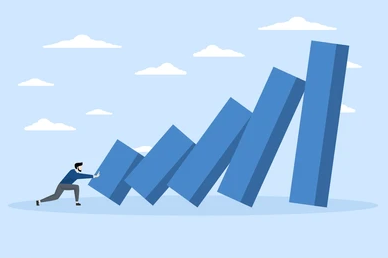It’s almost been a whole year in quarantine. We’re all getting restless and tired of living the same day over and over again. Wake up, Zoom, Netflix, Instagram or Snapchat, sleep, repeat. Nobody was prepared for this new lifestyle that we were forced into last March. However, this time of self isolation has affected everyone differently, usually in a negative way. On the other hand others have had more positive experiences during quarantine.
Senior, Tyler Bell, noticed a change in his mood a couple months in quarantine and he described it as a more positive change. Bell explains, “after spending time with myself I started to understand what I really enjoyed and what was important to me.” By expressing himself in what he wore and his newfound music taste, Tyler really found himself over quarantine. A piece of advice Tyler had for others who are struggling during this time in isolation is “to think about what interests them… and make a daily routine.” Having a routine can anchor us. By having a daily routine, it can create a sense of normality in these uncertain times. By having a routine, one can easily cross off things in their to-do list without feeling overwhelmed. FacileThings explains when one finishes a task our brain releases dopamine. Dopamine is a chemical that gets released in our brain that makes us feel happy. This chemical is also released when we eat chocolate cake and do drugs.
On the other hand, some did not have a positive reaction to quarantine. A sophomore who wishes to remain anonymous states “the lockdowns were one of the main catalysts in the degradation of mental health.” She describes her anxiety and depression heightening because of the lack of social interaction with others. According to Mental Health First Aid, seeing our peers benefits our mental health greatly. They help us increase our sense of belonging and reduce stress. In quarantine social interaction is limited. However, thanks to social media, Zoom, FaceTime, texting, and other messaging apps we are able to connect with our friends and loved ones. Even though it isn’t the same as seeing people in person, this pandemic will pass and sooner or later we’ll be united with our peers.
One very important coping skill one can use is working out. Working out could be using resistance bands, doing yoga, or just going for a walk around the neighborhood. Many Youtubers and TikTok stars have uploaded videos sharing their workout routines. According to MedlinePlus, working out is good for you for a multitude of reasons such as improving your mental health and mood, strengthening your bones and muscles, and improving your sleep, just to name a few benefits. Working out is a great thing to incorporate into your routine and help combat the quarantine blues.
Many people have experienced heightened anxiety over quarantine. To cope with this, there are many ways to remedy that. One way that’s been proven to help with anxiety is adult coloring books. According to Beaumont.org, coloring can relax the “fear center” of our brain which is known as amygdala. By using coloring books, one is focused on what they are coloring which slows down the racing thoughts going through one’s head. Coloring is also an example of practicing mindfulness. Another form of practicing mindfulness is meditation. Just like coloring, meditation slows down the racing throughs and helps one calm down. The Mayo Clinic explains that meditation can reduce negative emotions, increase self awareness, helps manage stress, and increase imagination.
Quarantine is a stressful time for everyone because not knowing when things will open again, when the vaccines will roll out, or who is sick and who is not sick is petrifying for a lot of people. Our life as we once knew it has completely changed one Friday in March. However, we can adapt. By creating a routine and using coping skills, one can have a healthy lifestyle in these hazy times.




